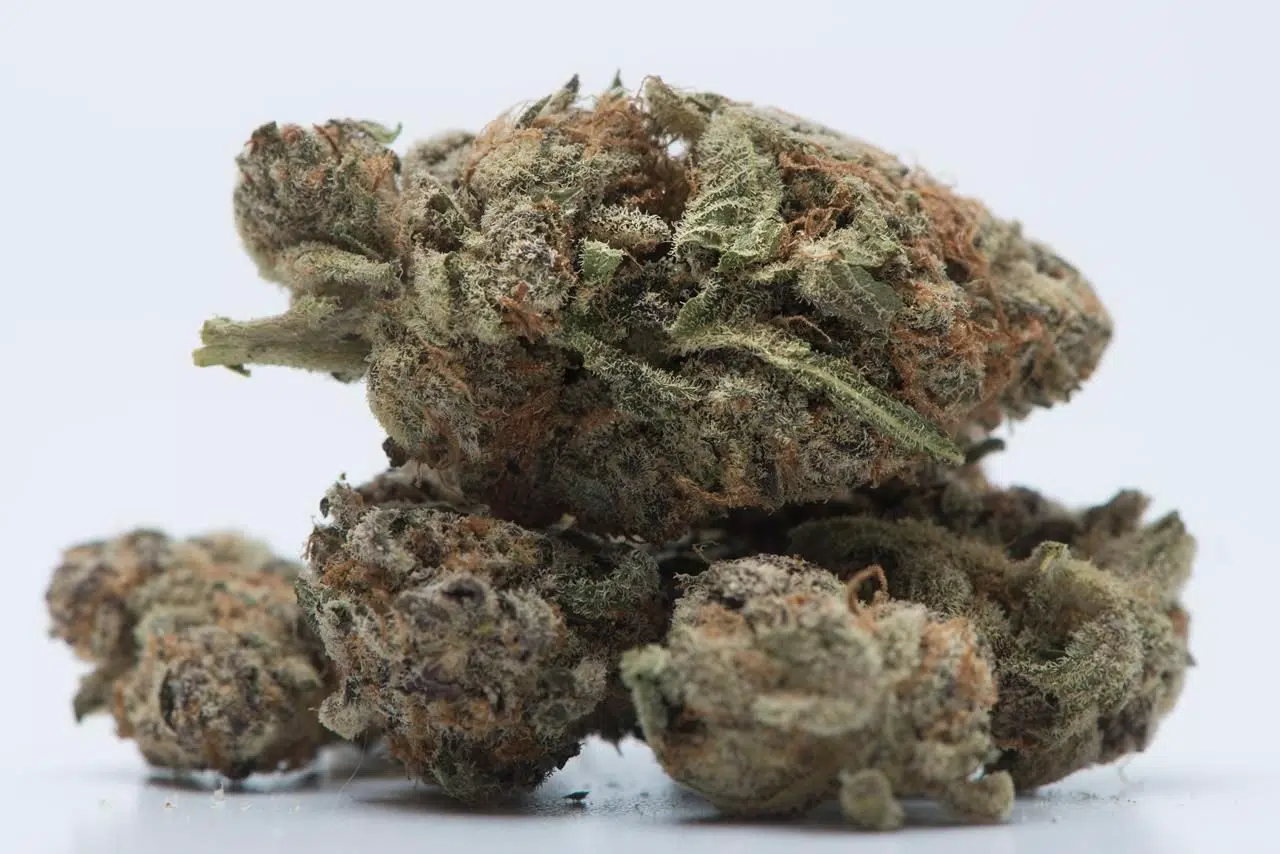By Glenn Hicks
Saskatchewan’s municipalities are asking for a share of taxes from cannabis sales, but the government is saying no, in part suggesting a federal minister has misled towns and cities into thinking they should be getting some of that revenue.
Six months after cannabis was legalized, the Saskatchewan Urban Municipalities Association (SUMA) is calling on the provincial government to hand over a chunk of the federal excise tax from cannabis retail sales. This follows the federal-provincial agreement made in late 2017 of a 25-75 split of the revenue, increased from an earlier proposed 50-50 split, which SUMA claims was to ensure municipalities were supported.
SUMA president Gordon Barnhart says with the province getting the larger 75-per-cent share of the revenue, it’s time for residents to see money to help cover the costs of legal cannabis. SUMA wants 33 per cent of that portion.
“I’m hoping the province will say now that the budget is balanced, they’re in a better position to do this cost-sharing,” Barnhart told paNOW. ”I’m hoping municipalities will start to lobby with their own MLAs. Even if the province was to say, ‘In three months from now this will happen,’ at least we’d have a target. My hope is it would be right now, but let’s have some movement on this.”
SUMA said it is local governments and therefore municipal taxpayers who are bearing the brunt of legalization in areas like bylaw enforcement and building inspections. Municipal and RCMP-contracted police are also undertaking increased enforcement activities, which SUMA argues is a further burden on the local taxpayer.
The Federation of Canadian Municipalities figures the new annual cost related to cannabis adds up to $9.50 per resident.
Barnhart acknowledges the province may argue the negative effects of cannabis haven’t been as bad as expected but he said that doesn’t change the share municipalities should get. SUMA said in a media release that Alberta, Ontario, and Quebec had already introduced tax-sharing plans.
“If it’s a thousand dollars or a million dollars, if it’s 25 per cent or 33 per cent, a percentage is a percentage and we want that coming to municipalities,” Barnhart said. The federal excise portion of cannabis sales in Saskatchewam is expected to total around $2 million in the first year.
Prince Albert has two cannabis retailers, while there are three in the Battlefords. The City of Melfort is still awaiting the opening of its first outlet but Mayor Rick Lang said it was disappointing the province had yet to agree to a revenue-sharing formula.
“The federal government shared a larger portion with the provinces than originally anticipated with the expectation the province would share with municipalities,” Lang said. He isn’t buying Regina’s stance that there had been little cannabis revenue so far so no plan could be nailed down yet.
“You can (still) make a plan with respect to what percentage of revenues you’re willing to share,” he said.
Finance minister says SUMA is wrong
Provincial Finance Minister Donna Harpauer repeated an earlier stance from Premier Scott Moe that there wouldn’t be any tax revenue-sharing at this time. And she rejected most of SUMA’s arguments, saying its facts were wrong.
She insisted the talks between provinces and territories and the federal government in 2017 did not include any commitment to share federal tax revenues with municipalities.
“There was a lengthy discussion with all of the provinces and they were very insistent that a commitment to municipalities was not included in that agreement,” she told paNOW.
Harpauer said the federal government “wanted a hasty signature; this was an election promise they wanted to keep” and there were diverse requests on the percentage split, but 75-25 was the one that was agreed on at the time.
To the claim by SUMA that municipalities are now facing increased costs post-legalization, Harpauer posed her own questions.
“Were there not costs when cannabis was illegal?” she asked. “It’s just astounding to me that suddenly we have increased costs of something that was illegal. Did they not police it prior to that?”
Harpauer also took exception to SUMA’s claim that Alberta, Quebec and Ontario had introduced tax-sharing plans, saying she could find no such commitment in that respect.
The finance minister singled out federal Liberal MP Bill Blair for what she suggests were his misleading comments to Saskatchewan’s municipalities when he visited. Blair was part of the task force charged with creating the cannabis legalization plan but Harpauer said he was not part of the ministers meeting in late 2017.
“He told municipal leaders that this was all in the agreement and part of the discussions and none of that’s true. He wasn’t at the table and he wasn’t even in cabinet at the time,” she said.
Harpauer said she is still waiting to see proof of what costs have increased for municipalities since legalization.
“I have offered and have asked for any municipality to show me real, hard costs and what costs exist now and did not exist when cannabis was illegal, and not one has done so,” she said.







